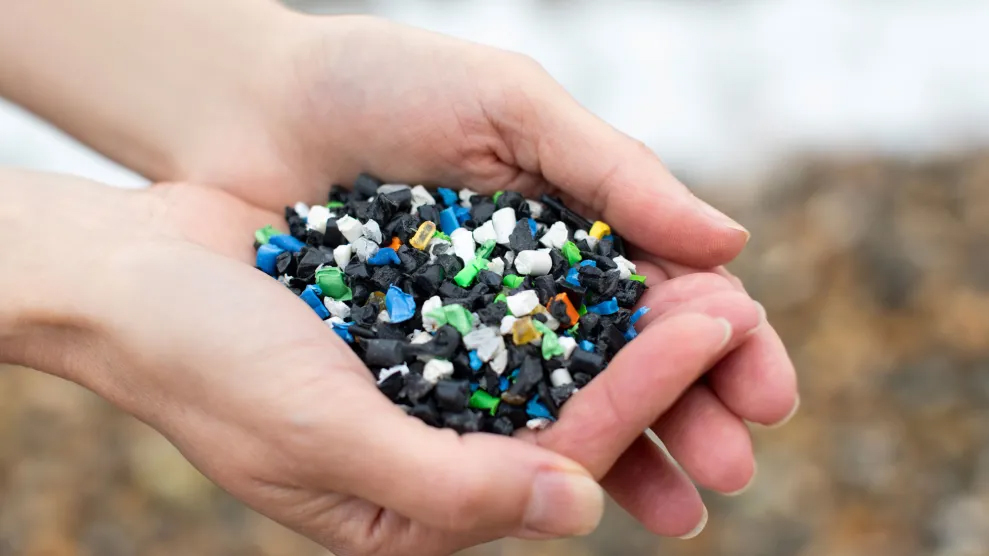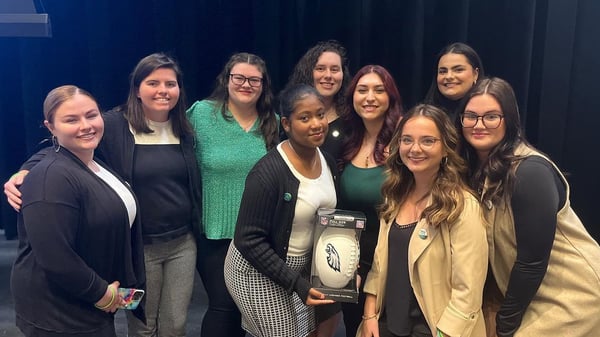Neumann boasts many clubs and organizations on campus, with many of them conducting festive...
Tiny Nurdles are Causing Big Damage

Have you ever heard of nurdles? Nurdles are small plastic pellets, no bigger than 5mm in length. Nurdles are used to produce several types of plastic. Later, they are melted and used to create other plastic items, especially single-use items like water bottles or shopping bags.
There are a LOT of nurdles being produced and shipped every day. That is because it takes a lot of nurdles to produce one item. For reference, it takes about 600 nurdles just to produce ONE water bottle, says an article from fauna-flora.org.
Managing the millions of nurdles is challenging. There have been several nurdle leaks during the manufacturing and transportation process. Euronews.com says that 23 BILLION nurdles escape into the ocean every single day. According to an investigation done by VOX, 10 TRILLION nurdles end up in the ocean yearly.
Nurdles do a lot of damage for all different kinds of life. Nurdles are commonly mistaken for fish eggs, resulting in choking birds or lodging their digestive systems, effectively killing them. Nurdles also end up being swallowed by fish. Not only does this harm the fish it’s being consumed by, but it also harms humans.
The fish we eat is most likely contaminated by nurdles. Although we may not be eating the plastic pellets, the nurdles still do damage. A Vox article cites a discovery that 80% of all adult humans have a form of plastic inside their bloodstream.
Hemantha Withanage, who is the Executive Director of the Centre for Environmental Justice, says, “These degrade slowly, so will be around for the next 500 to 1,000 years. They will not just affect marine life and human health, but also tourism and livelihoods, for years to come.”
The most important step in solving the nurdle issue is to make production of them unnecessary. If we can slowly phase out nurdle-made products, there will not be as much of a demand for nurdles. Two of the most common products are plastic water bottles and shopping bags, both of which can be very easily replaced with a reusable alternative.
These everyday objects and their production are harming wildlife every day, and yet people don’t even realize. According to Economist Impact, only 26% of the general public are very concerned about oceanic pollution. What about the other 74%? A key to solving this issue is being aware of the devastating truth so that more people will become more concerned.
Luckily, this isn’t a hopeless matter. A handful of states in America have started plastic shopping bag bans and 69% of Gen Z purchased a reusable water bottle in the past year (Pace). An international initiative among numerous companies called Operation Clean Sweep has a mission to prevent nurdle spills and their long-lasting effects.
Recently, the idea of a nurdle hunt has also appeared. Hundreds of people go to the beach and search the shore for nurdles. In a 2021 hunt, 91% of countries found nurdles.




